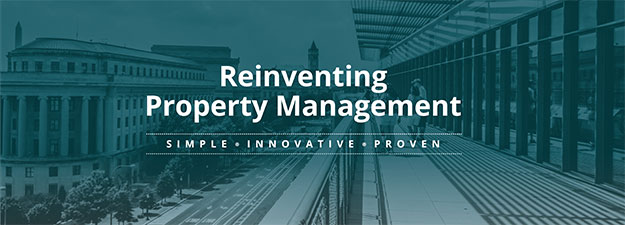This biweekly sponsored column is written by the experts at Gordon James Realty, a local property management firm that specializes in residential real estate, commercial real estate and homeowner associations. Please submit any questions in the comments section or via email.
Trusting your valuable property to tenants is often a difficult enough step. When you live far away from the property, being a landlord is even more challenging. Many owners worry about whether things are going smoothly and struggle to stay informed without racking up big travel bills to check on the property. If there are problems, it can be difficult to manage repairs or legal issues from hundreds of miles away.
Long distance rental property owners need to make sure properties are managed well. Here are some factors to consider and tips to make sure you’re valuable asset is taken care of even when you can’t physically be there.
- Is hiring a property manager necessary?
Some owners delegate the job of dealing with the rental to family or friends. But managing rentals — overseeing contractors for repairs during the workday, answering middle-of-the-night emergency calls or handling tenant complaints — often involves more time, attention and expertise than they can provide.
In addition, proper management of your investment property requires a proactive, not reactive, approach. Professional property managers can provide your property with the attention it deserves. They have the experience to anticipate any potential problems and market knowledge to reduce vacancy times. This will not only help you lower expenses and possibly increase revenue, but it will also give you peace of mind. From rent collection, leasing, and maintenance to accounting and due diligence issues, the right property manager will make a big difference in how your property is maintained and appreciates over time.
- How can you obtain a good return on your investment?
To make sure that your asset continues to provide you with a good return on investment, examine your expenses in the context of your revenue stream. The rent you receive is your income from the property, but your expenses include everything from marketing, to property maintenance and repairs, as well as tenant evictions. As a landlord, you may face unexpected issues in one or more of these areas. A professional property manager would be able to step in and handle any problems. Not only will this result in decreased vacancies and lowered expenses, but it will also increase your return on investment.
- How can you stay informed about your rental property?
When you live far away, you’ll need a good way to stay informed about your property. After all, you can’t just drive by. Some owners rely on receiving rent payments to assure them that everything’s going well. But tenants who pay rent can still create problems or unwittingly allow property issues to worsen. Rent payments don’t tell you what’s going on inside the property.
Professional property management companies often use the latest high-tech software to give owners a virtual window into their rental property. The software gives you secure anytime online access to rental agreements and financial statements along with updates on inspections, property maintenance and marketing efforts. Some managers even post inspection photos to give owners additional peace of mind. Whenever you want to know how things are going, you can just log on. The software also allows gives owners another way to communicate with management, in addition to phone calls and directly e-mail.
Many property owners choose to manage their own rentals. But living far from the rental is the factor that often tips the scales away from self-management. Once you factor in the costs of traveling to the rental and the headaches of dealing with even routine property issues, it will likely balance any fees paid for professional management. And ultimately, professional property management services will result in the continued maintenance of your asset while potentially reducing property expenses and increasing return on your investment.


